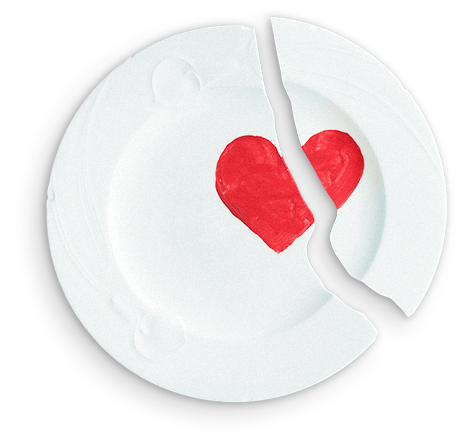Abuse
No one deserves abuse. If you are experiencing abuse, it could have serious impacts on your physical or mental health. Speak to your health care provider about resources – help is available and there are safe ways to protect yourself and your family.




